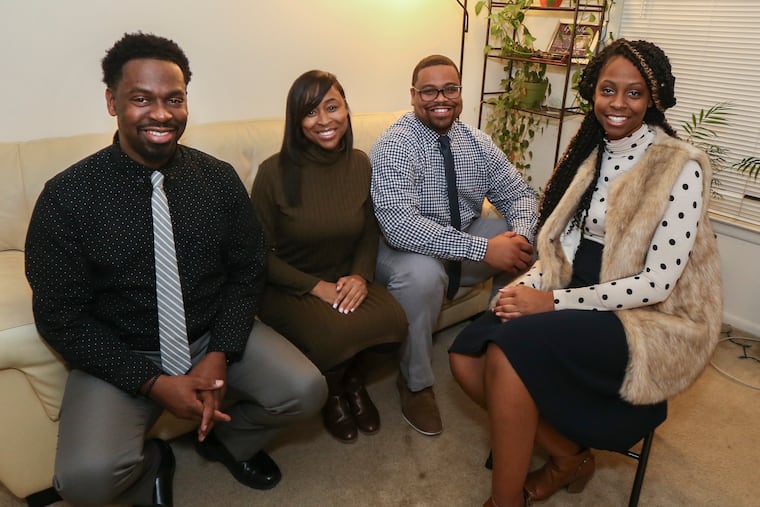A teacher’s New Year’s resolutions for 2023-24
Some of my resolutions sound easy — such as leaving school on time — but for a teacher in this district, they are not.

For most of us, New Year’s resolutions happen at the end of December. Since I’m a high school teacher, I make my resolutions at the end of August.
Every year, around this time, I try to develop one or two goals for the new school year based on areas I’ve identified for personal or professional growth.
In the past, my New Year’s resolutions have included basic things like keeping my workspace organized and not bringing students’ work home.
These may sound easy and obvious, but when you’re an overworked teacher in the Philadelphia School District, sometimes doing something as simple as leaving school on time — not hours after the dismissal bell rings — is hard. But it’s the best way for me to be at my best the next day.
But I also try to go beyond the “basic” with my resolutions. Last year, one of my goals was to help my students studying communications to elevate their opinions and voices beyond the walls of our classroom, to help the larger community better understand young people’s thinking and inform policymaking decisions affecting our youth.
We established specific days to record class conversations and publish those episodes on my class podcast, Twitter/X, and Instagram accounts. And we got good feedback, both from educators outside the district and from policymakers; former City Councilmember Helen Gym encouraged her followers on Twitter/X to listen to our podcast, noting we “cover topics big and small with insight and so much heart.”
Now, in 2023, I’m entering my 17th year as a teacher in Philadelphia’s public schools. And this year, my “basic” resolution sounds easy and obvious but isn’t to many teachers I know: eat lunch at least three days a week.
Although the district is currently facing severe teaching shortages, our schools have always felt short-staffed, and I’ve often given up the nonclassroom time I use for preps — also called planning periods — to cover other classes. As a result, I chose to work through lunch and get by on potato chips until dinner.
This isn’t good for me, and it doesn’t set a good example for my students.
This year, my more involved resolution is designed to address the new normal for my students: loss.
Loss is not a new thing for Philly students, especially to those who lost loved ones from COVID-19. This year, many are processing the untimely deaths of classmates, friends, and family members due to gun violence.
I can’t take that loss away. But I can create a comfortable classroom they enjoy being in, to offer a respite from the stress and despair they feel in their lives outside of school.
I started focusing on making adjustments in my classroom last year, adding soft jazz music in the background, lamps for filtered lighting, a combination of real and artificial plants, flexible seating, a faux vintage bookshelf, and exposed brick decorative wallpaper. I framed and displayed some of my students’ artwork, to their surprise and delight.
This school year, I plan to include their input from the very beginning, so they feel like the space belongs to them, too. I will start organizing our classroom as it was arranged when we left for the summer in June, then ask them for their input. The goal is to create a classroom they love to enter. It’s easier to learn in a space that is relaxing.
As I embark on my 17th year of teaching and learning, I enter it with a great deal of anticipation and hope. The goal of my 2023-24 resolutions is to provide my students with a space that is safe and productive, and a teacher who is able to meet their needs.
Stephen Flemming is an English and communications teacher at Martin Luther King High School in Germantown.